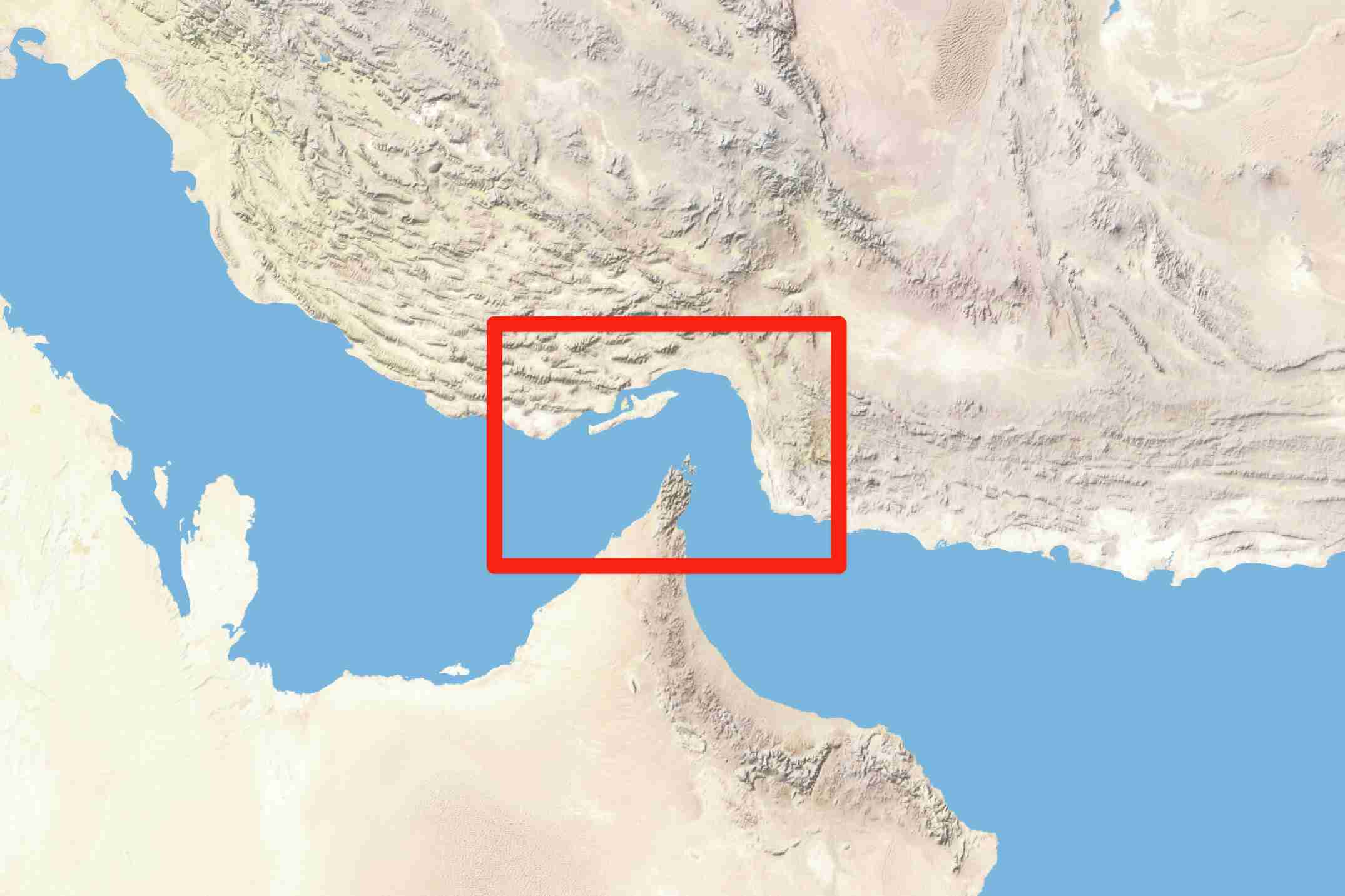Iran’s parliament has voted in favor of closing the Strait of Hormuz, a move that could severely disrupt global oil supplies. The decision follows recent U.S. airstrikes on key Iranian nuclear facilities, including the heavily fortified Fordow site near Qom.
State-run Press TV reported the development on Sunday, noting that while the measure has passed in parliament, it is not yet final. The ultimate decision lies with Iran’s Supreme National Security Council — the highest authority on security matters in the country.
The Strait of Hormuz, situated between Iran and Gulf Arab states, is one of the world’s most vital maritime choke points. Roughly 20% of the world’s oil and natural gas — including from Saudi Arabia, Iraq, the UAE, Qatar, and Iran — passes through this narrow passage daily. At its tightest, the strait is only 33 kilometers wide, with just 3-kilometer-wide shipping lanes in each direction, making it highly susceptible to disruption.
Speaking to Iranian state media, Major General Esmail Kowsari of the parliament’s National Security Committee said, “There is a united view within parliament, but we await final approval from the Supreme National Security Council.”
The proposal to shut down the strait follows the U.S. operation dubbed “Midnight Hammer,” in which B-2 stealth bombers reportedly struck at least three Iranian nuclear facilities. The attack has drawn condemnation from China and Russia, who have called the strikes “irresponsible” and “unacceptable.”
A closure of the Strait of Hormuz would likely send global energy prices soaring and risk sparking broader conflict in the already volatile Gulf region.




























































